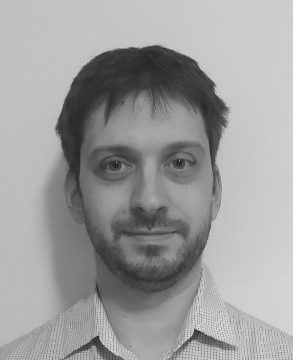
László Varga, Ph.D.
University of Szeged, Department of Image processing and Computer Graphicsimage processing, tomography, deep learning
László Varga received his MSc degree 2009 and his PhD degree in 2013 in Computer Science at the University of Szeged. Since 2013 he has been working at the University of Szeged, Department of Image Processing and Computer Graphics, currently as a senior lecturer. His research interests include Computed and Discrete Tomography, Analysis of CT and X-Ray images, Medical Imaging, and Deep Learning.
Forward and inverse problems in computer graphics and image processing
Inverse problems are common in many fields of computer science and image processing. This includes for example tomography, deconvolution, camera calibration, teaching neural networks or simply solving equation systems. The solution of an inverse problem usually starts with having a forward model of the phenomena. We have derived measurements that is a transformed version of what we want to have, and we want to gain the original “un-transformed” data. In deconvolution we have a blurred image, but we would like to get the original sharp version, in tomography we have X-ray attenuations, but we want to get the densities in an object. This leads us to the task of inverting a data transformation. The solution usually starts by understanding the transformation of the data, thus creating a forward model of the distortion. Then we can invert the problem using numerical tools. The lecture will give some examples of such forward problems and their inversions.
Keywords: image processing, tomography, inverse problems, optimization